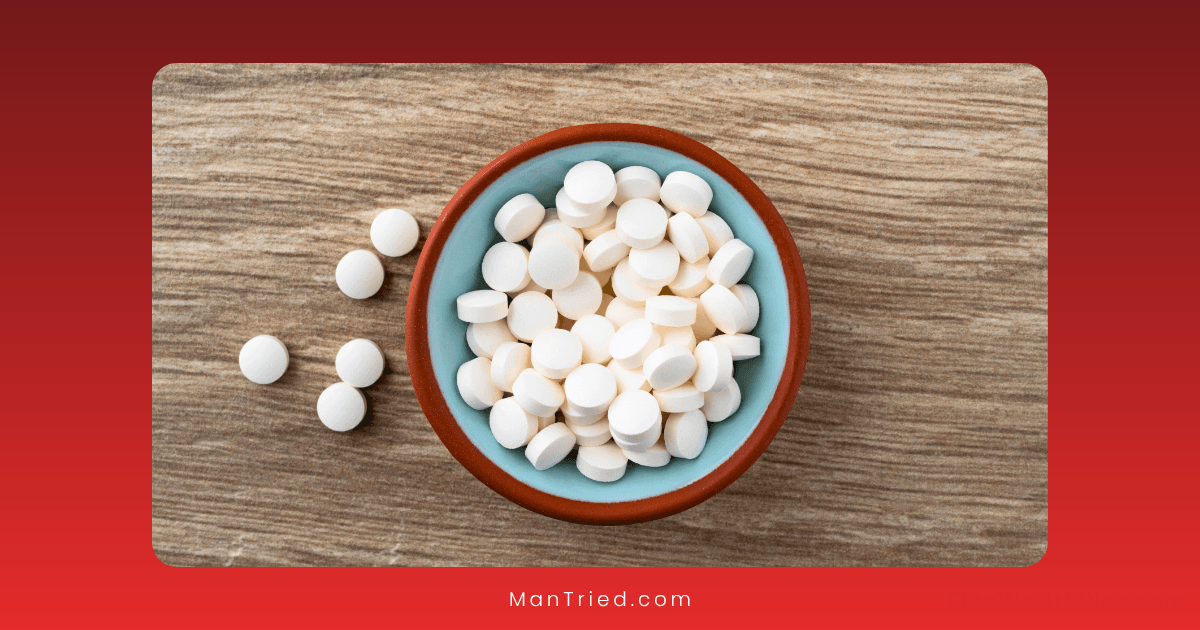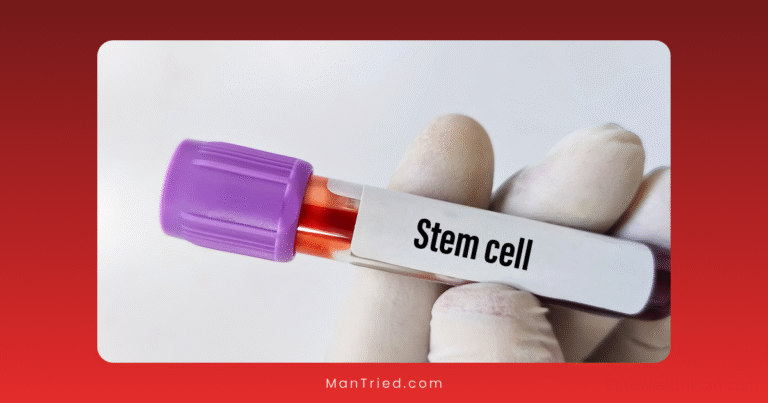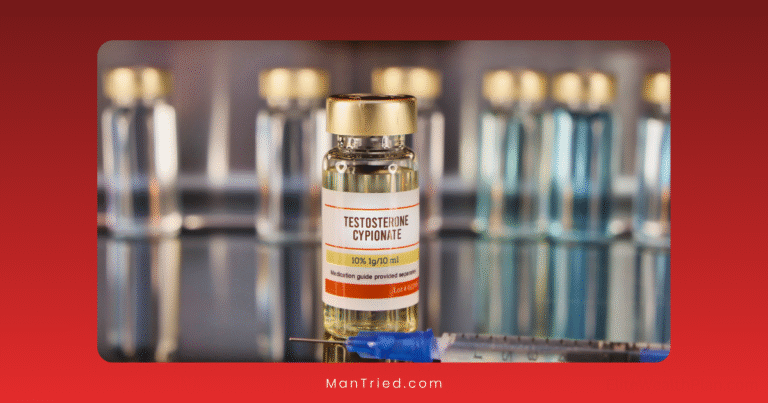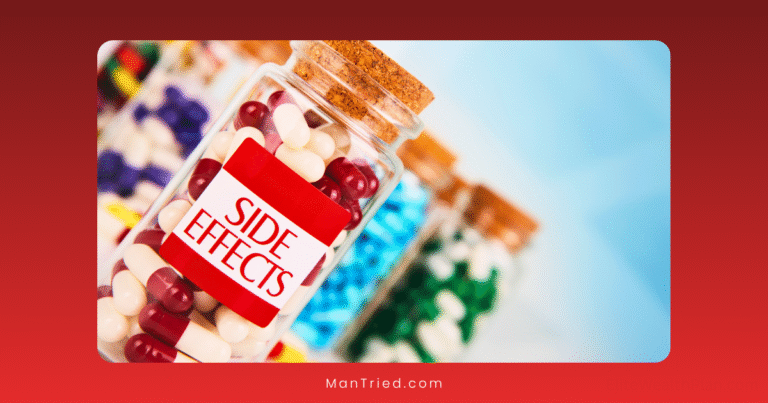Beyond Testosterone: Other Hormones That Impact Male Sexual Health

When discussing male sexual health, testosterone often steals the spotlight. And rightfully so—this powerful androgen drives everything from libido to erectile function. But focusing exclusively on testosterone creates a dangerously incomplete picture of male hormonal health.
The truth? Male sexual wellness depends on a complex symphony of hormones working in harmony. Understanding this bigger picture could be the key to addressing persistent sexual health issues that don’t respond to testosterone-focused approaches alone.
The Hormonal Orchestra: More Than a One-Man Show
While testosterone levels naturally decline by 1-2% annually after age 30, other hormonal imbalances can wreak havoc on your sexual wellness long before that becomes significant. Let’s explore the supporting cast that deserves your attention.
Estrogen: Not Just for Women
Yes, you read that correctly. Estrogen plays crucial roles in male sexual function that might surprise you:
- Libido regulation: Contrary to popular belief, some estrogen is necessary for healthy male sexual desire
- Erectile function: Proper estrogen balance helps maintain nitric oxide production essential for erections
- Cognitive aspects of arousal: Estrogen receptors in the brain influence sexual interest and arousal patterns
“Many men are shocked to learn that estrogen isn’t their enemy,” says Dr. Abraham Morgentaler, founder of Men’s Health Boston and author of Testosterone for Life. “In fact, when estrogen levels fall too low in men, sexual desire often plummets.”
The key lies in balance—too much estrogen relative to testosterone (often seen in men with excess body fat) can suppress libido and contribute to erectile dysfunction.
Cortisol: The Stress Hormone Stealing Your Mojo
That deadline-induced anxiety? It’s not just in your head—it’s in your hormones, specifically cortisol. This stress hormone has earned its reputation as testosterone’s natural enemy:
- Chronically elevated cortisol directly suppresses testosterone production
- Stress-induced sleep disruption further compromises hormonal balance
- Cortisol promotes abdominal fat accumulation, which converts testosterone to estrogen
Research from the University of California found that men with stress-induced elevated cortisol experienced up to 40% reduction in free testosterone levels. That’s equivalent to aging a decade overnight, hormonally speaking.
Thyroid Hormones: The Metabolic Maestros
Your thyroid gland might be small, but its impact on sexual function is mighty. Thyroid hormones (T3 and T4) influence:
- Energy levels necessary for sexual interest and performance
- Metabolism of sex hormones
- Nerve sensitivity critical for arousal and pleasure
Even mild hypothyroidism can manifest as low libido, erectile difficulties, and delayed ejaculation before other classic symptoms appear. According to the American Thyroid Association, up to 60% of men with hypothyroidism experience sexual dysfunction.
Prolactin: The Post-Pleasure Hormone With a Dark Side
Prolactin naturally surges after orgasm, contributing to the refractory period when arousal temporarily decreases. However, chronically elevated prolactin (hyperprolactinemia) can devastate male sexual function:
- Suppresses testosterone production
- Reduces sperm production
- Diminishes libido
- Contributes to erectile dysfunction
A 2021 study in the Journal of Sexual Medicine found that treating elevated prolactin resolved sexual dysfunction in 87% of affected men—often without need for ED medications.
DHEA: The Youth Hormone
Dehydroepiandrosterone (DHEA) serves as a precursor to both testosterone and estrogen, peaking in early adulthood before steadily declining with age. Healthy DHEA levels support:
- Maintenance of libido
- Energy and stamina
- Mood regulation that supports sexual interest
- Cognitive function related to arousal
Research from the Massachusetts Male Aging Study suggests DHEA supplementation may benefit sexual function in men with age-related hormonal decline, though results vary significantly between individuals.
The Feedback Loop: How These Hormones Interact
Perhaps the most fascinating aspect of male hormonal health is how these chemical messengers constantly communicate with and influence each other. For example:
- The HPG Axis: The hypothalamic-pituitary-gonadal axis regulates testosterone through feedback loops involving multiple hormones
- Conversion Pathways: Testosterone can convert to DHT (affecting prostate and hair follicles) or estrogen (affecting mood and fat distribution)
- Competitive Binding: Stress hormones can compete with sex hormones for the same receptors
This interconnectedness explains why addressing just one hormone rarely solves complex sexual health issues.
Early Warning Signs of Hormonal Imbalance
Contrary to popular belief, erectile dysfunction is often a late sign of hormonal disruption. Earlier warnings include:
- Unexplained fatigue and reduced stamina
- Brain fog and difficulty concentrating
- Mood changes, particularly increased irritability
- Disturbed sleep patterns
- Changes in body composition despite consistent diet and exercise
“By the time erectile dysfunction appears, hormonal imbalances have typically been present for months or even years,” explains Dr. Florence Comite, endocrinologist and author of Keep It Up.
Modern Approaches to Hormonal Balance
The good news? Medical understanding of male hormonal health has advanced dramatically:
- Comprehensive Testing: Beyond basic testosterone, advanced panels now measure free hormone levels, binding globulins, metabolites, and related hormones
- Precision Medicine: Treatments increasingly target specific imbalances rather than one-size-fits-all approaches
- Lifestyle Interventions: Evidence-based approaches to sleep, stress management, nutrition, and exercise that support hormonal optimization
According to recent market research, hormone treatments for men are growing at 3.5% annually, reflecting increased awareness and improved diagnostic capabilities.
The Bottom Line
While testosterone remains central to male sexual health, treating it in isolation often yields disappointing results. The future of men’s sexual wellness lies in understanding the complex interplay between testosterone and its hormonal partners.
If you’re experiencing sexual health concerns, seek care from practitioners who understand this broader hormonal landscape. Your solution might lie not in boosting testosterone alone, but in restoring balance to your entire hormonal orchestra.






